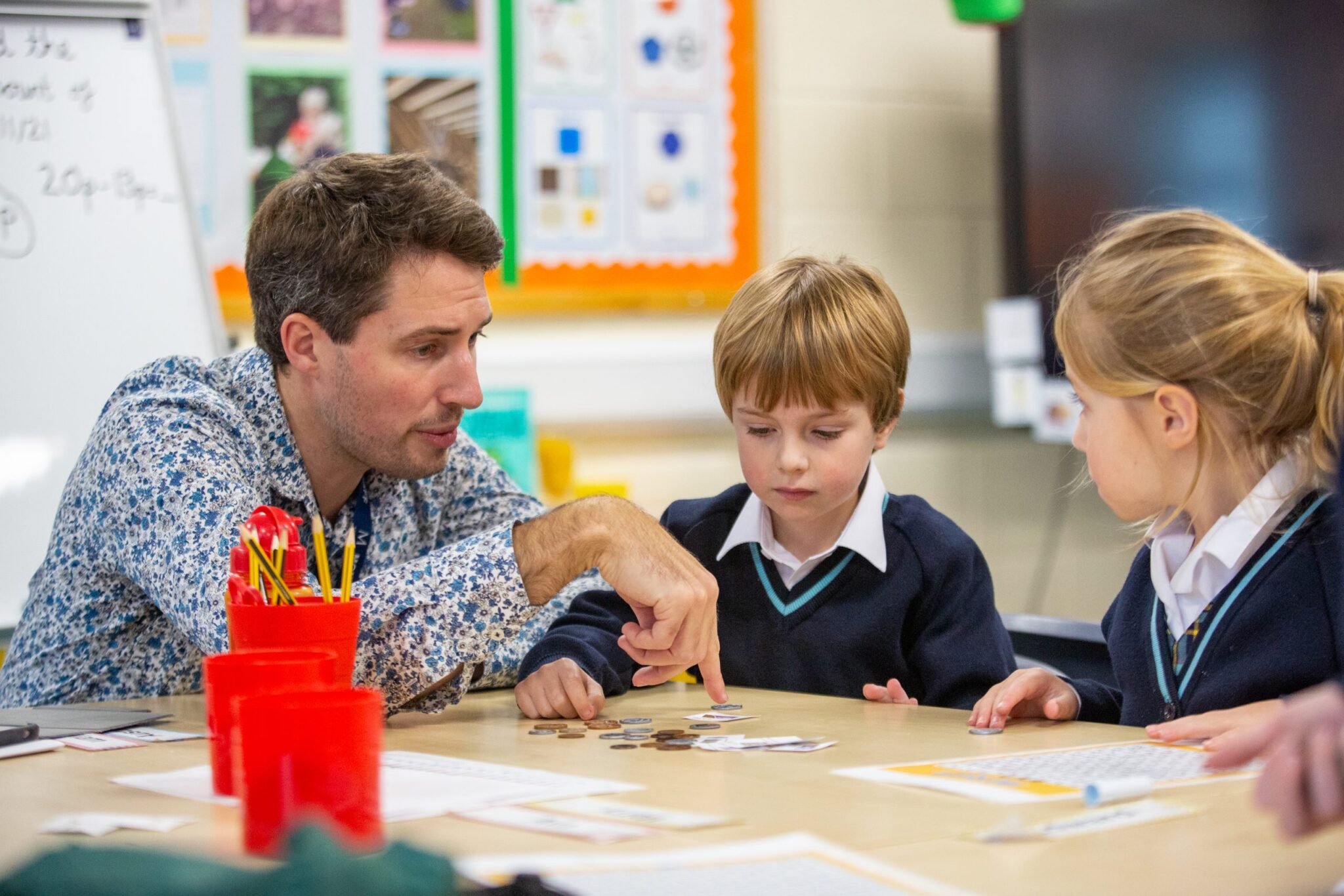Spending time playing music or sports with your children has no impact on how well they do at school, research has found.
A study from the University of Manchester analysed data on more than 8,000 children from the UK at the ages of seven and 11.
It showed that spending time with your children has almost no impact on their performance at school – although parents might feel guilty for not doing so.
Parents helping their children with maths, reading to them and taking them to libraries had only a small positive effect on their academic progress as rated by teachers, according to the research.
At age seven, children who received daily help with maths from their parents had only a 1.8 per cent increased chance of being assessed as “above average”.
Meanwhile, parents’ time spent on musical or physical activities with their children had no effect at all.
Data from the Millennium Cohort Study, which involves a nationally representative sample of people born between 2000 and 2002, were used to analyse teachers’ assessments of children’s progress in maths and creative subjects, and the amount of time parents spent with them on activities.
Social class far more important
The research, which will be presented at the British Sociological Association’s conference in Manchester, found that the social class of a child’s family has far more bearing on how they do in school than the amount of time their parents spend with them.
Having parents with university degrees – or who are well-off or from a high socio-economic class – approximately doubles the chance of children being assessed as “above average” by their teachers.
The data show that for children aged seven, nearly two in five (39 per cent) of those from the highest class families were seen by teachers as “above average” in maths, compared with only 21 per cent of those whose parents were manual workers – the lowest of five classes used in the analysis.
When considering creative subjects, 28 per cent of the children from the highest class were perceived as being “above average” by teachers, compared with 14 per cent of those whose parents were manual workers.
The figures were similar when comparing children with parents from the richest class and poorest class, and those with parents with degrees and those without qualifications.
Source:Helping your child with their school subjects? It may not do any good (msn.com)



